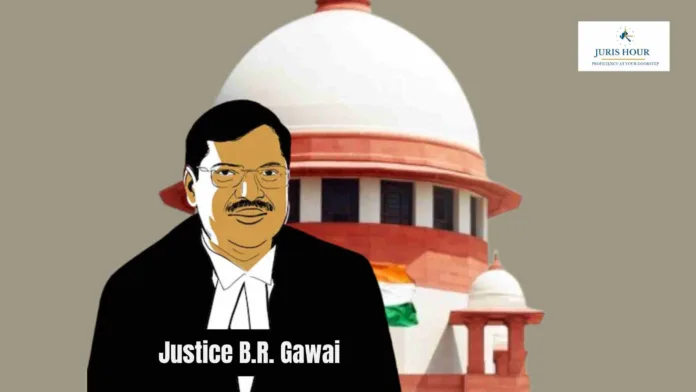Justice Bhushan Ramkrishna Gavai is set to become the 52nd Chief Justice of India, succeeding the incumbent CJI Sanjiv Khanna, who is expected to formally recommend his name later today. Justice Gavai’s elevation will mark a historic moment for the Indian judiciary, as he will be only the second Dalit to occupy the top post after Justice K.G. Balakrishnan, who served as CJI from January 2007 to May 2010.
Justice Bhushan Ramkrishna Gavai might take the oath as the next Chief Justice of India on May 14 after incumbent Chief Justice Sanjiv Khanna retires.
Justice Gavai will have a tenure of approximately six months, with his retirement scheduled for November 2025. Despite the brevity of his term, his appointment is being viewed as a landmark for representation and diversity within the higher judiciary.
A native of Amravati in Maharashtra, Justice Gavai began his legal career in 1985, apprenticing with barrister Raja Bhonsale—former Advocate General and judge of the Bombay High Court. He went on to practice independently at the Bombay High Court from 1987 to 1990, and later primarily argued constitutional and administrative law matters before the Nagpur Bench.
In 1992, he was appointed Assistant Government Pleader and Additional Public Prosecutor at the Nagpur Bench, rising to the position of Government Pleader and Public Prosecutor in 2000. His judicial career commenced in 2003 when he was appointed an Additional Judge of the Bombay High Court. He became a permanent judge in 2005 and was elevated to the Supreme Court in 2019.
During his tenure at the Supreme Court, Justice Gavai has been part of several significant benches and key decisions. Notably, he was on the bench that upheld the central government’s 2016 demonetisation policy. More recently, he was part of the Constitution Bench that struck down the electoral bonds scheme, ruling it unconstitutional.
His appointment as the 52nd Chief Justice of India is expected to be formalised following the President’s approval of the recommendation.
Read More: DGFT Amends CIMS Policy, Revises Registration Fee Structure Effective April 15, 2025

